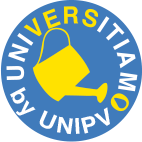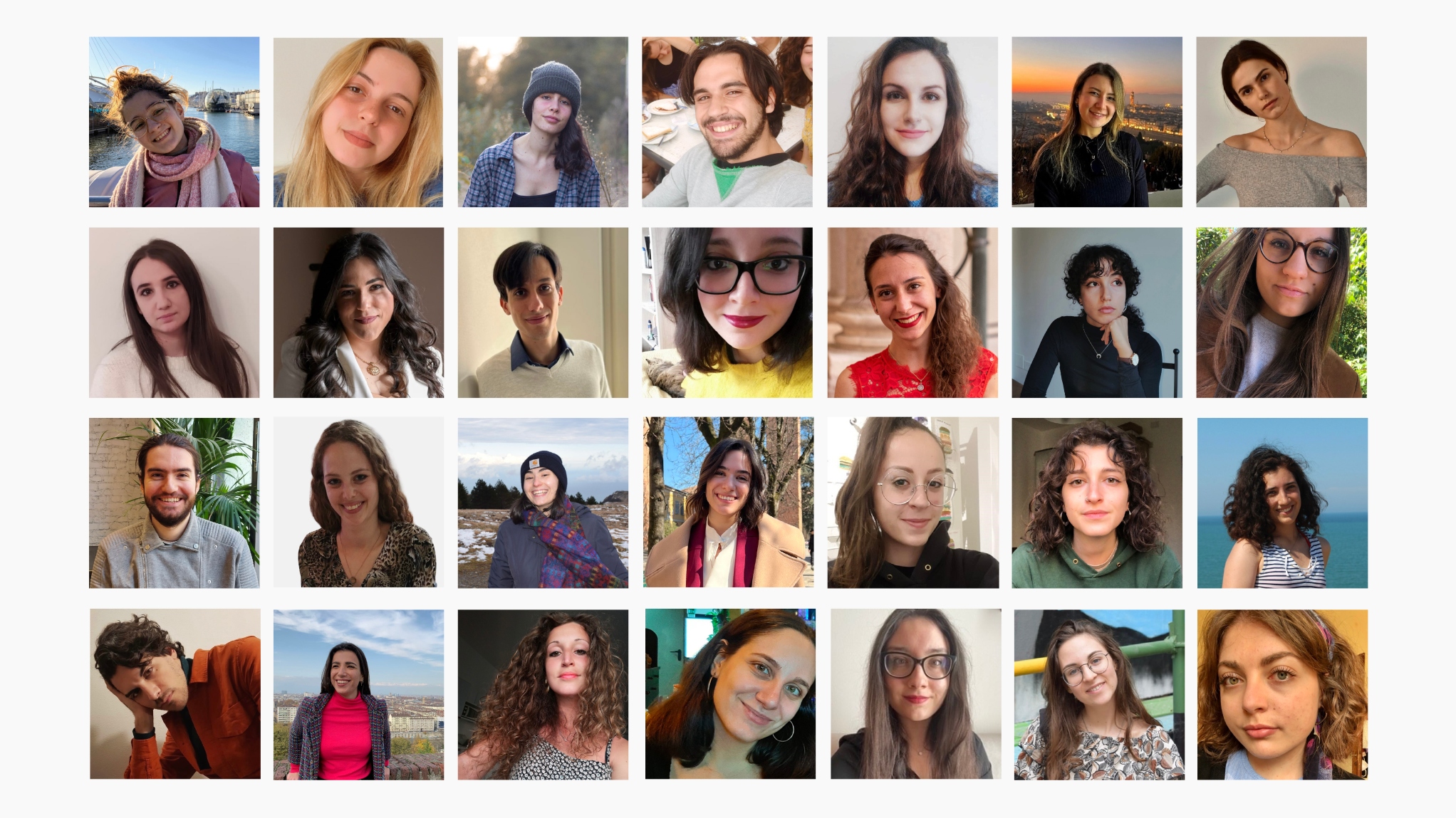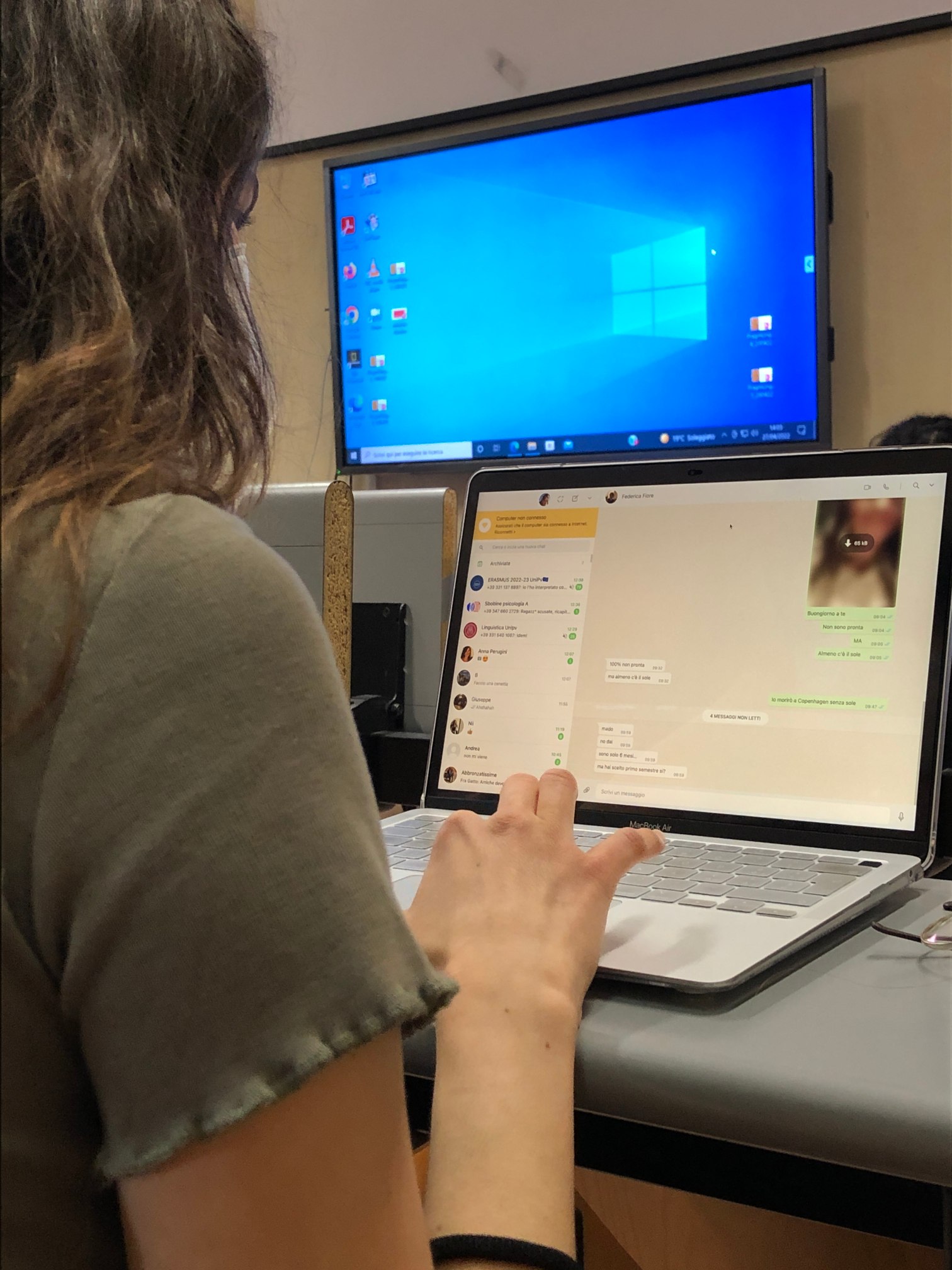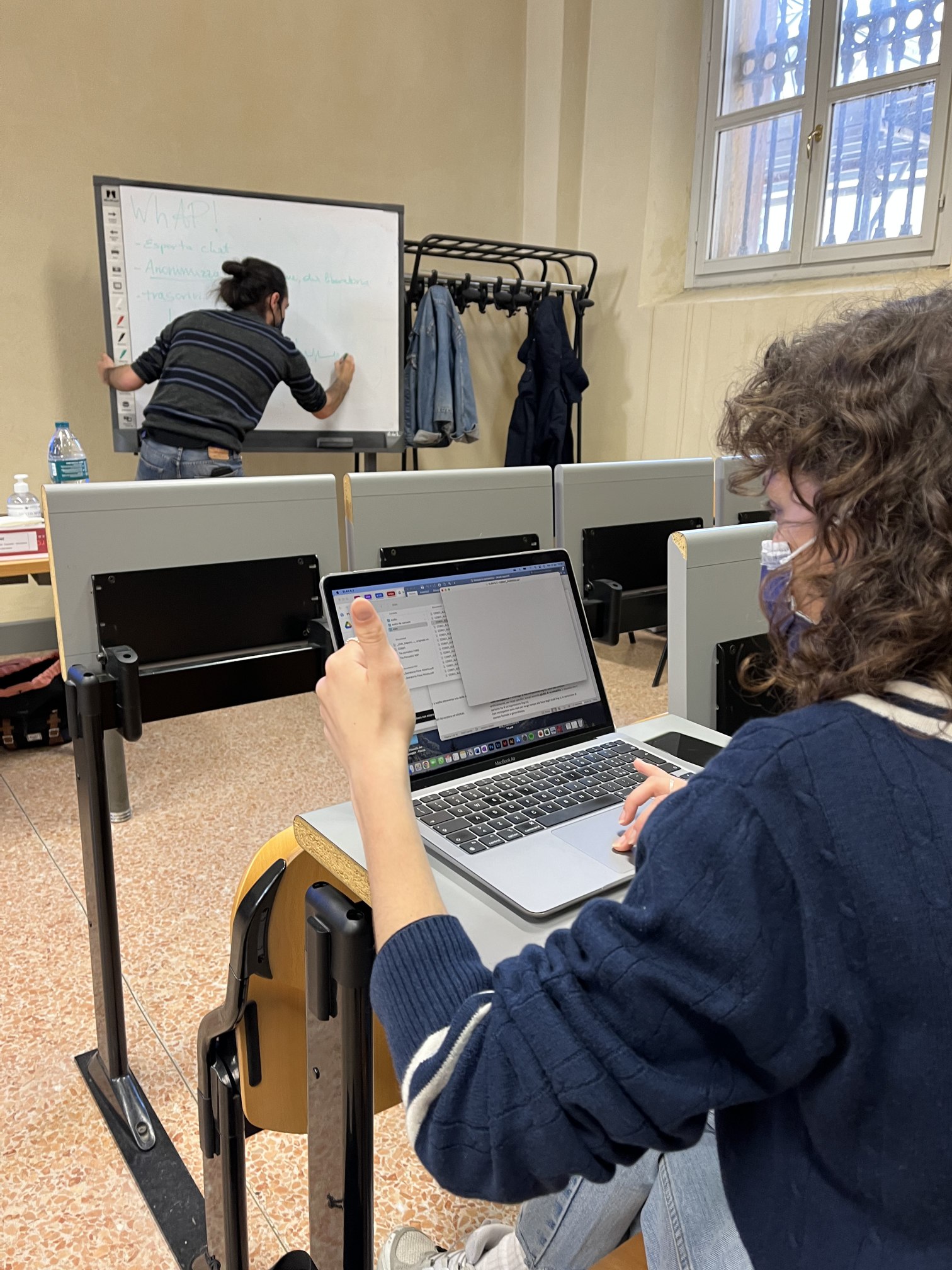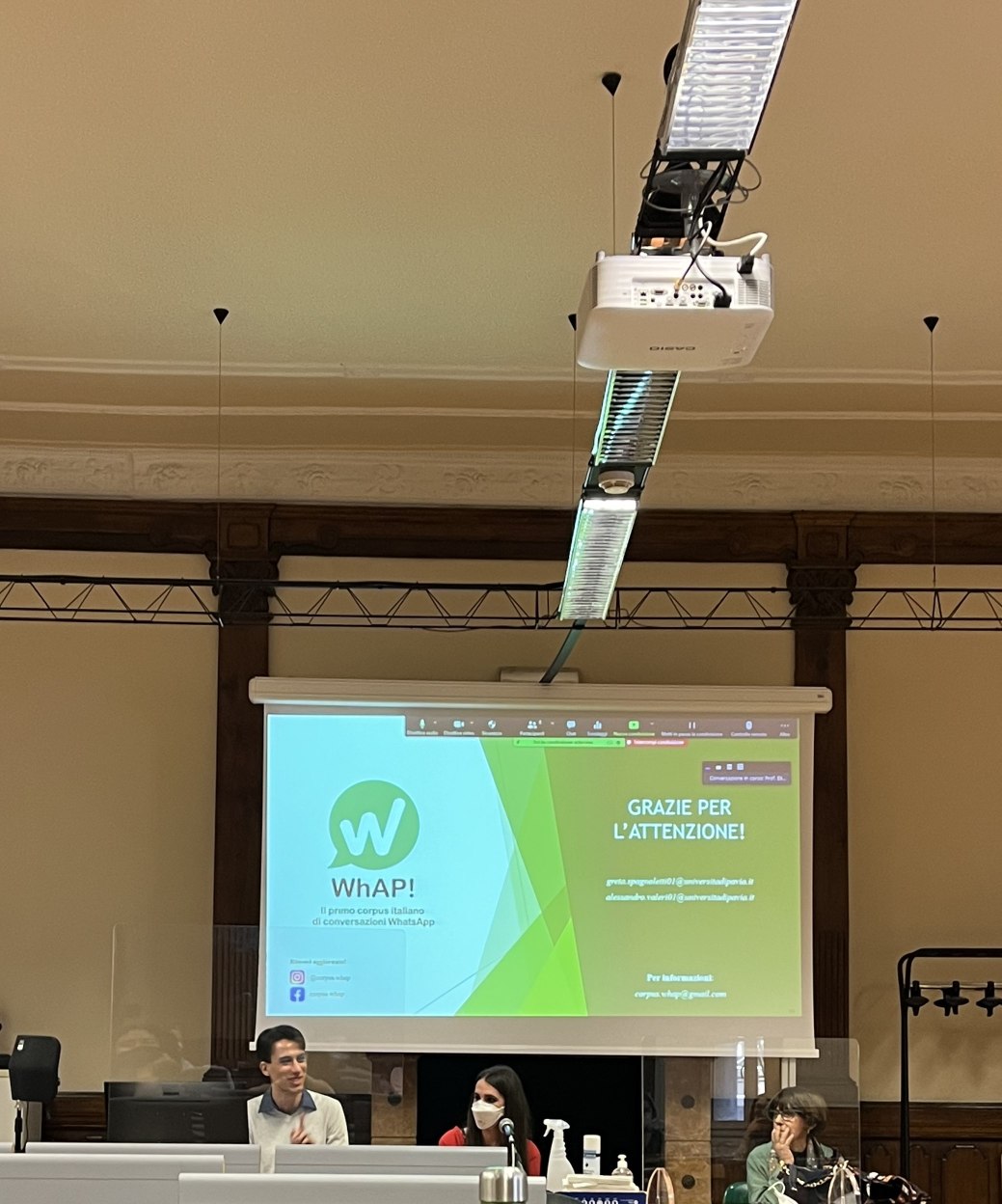The project
In recent years, new technologies have favoured the development of forms of written language with features that bring them closer to speech: this is the case, for example, of messages typed on social networks and chats, which are distinguished from more traditional written forms by a more informal use of language, with the presence of emoticons and emoji, a peculiar use of punctuation and capitalization, etc.. More recently the spread of voice messages on instant messaging systems, such as WhatsApp or Telegram has allowed a return to speech, which finds space, in turn with peculiar characteristics, in writing. This begs the question: how do we speak when we write? How do we write when we speak? In other words, what are the characteristics of this “new Italian”?
The WhAP! project, conceived in 2020 by a group of students from the Department of Humanities, was created to answer these questions. The main goal is to build an online resource (the WhAP corpus) that includes written data (text chats) and spoken data (voice messages), also taking into account several parameters (e.g. age range and gender of the writers). The resource will allow to observe these hybrid interactions, in which spoken and written interact giving rise to new forms of conversation.
The corpus, still under construction, counts at the moment 58 chats (for about 22 thousand words) and 211 voice messages. From these data, it has already been possible to draw some initial results; for example, the frequent presence of languages other than Italian, such as English or Spanish, as well as various Italian dialects, from Lombard to Sardinian:
(1) 19/04/20, 23:13 – EM01: Easy easy, allora a posto!
(2) 08/05/20, 11:57 – EM01: Ti ricordi come si chiama il ristorante mega bueno dove siamo andate a mangiare con Renata e Franca da te?
In order to answer the starting questions, it will be necessary, on the one hand, to increase the data available and, on the other hand, to make it accessible to potentially interested people. The final goal is therefore to make the corpus, adequately anonymized, public and freely consultable, available both to specialists (for linguistic research) and, more generally, to people interested in phenomena concerning language.
Objectives that the project intends to realistically achieve with the money raised through this crowdfunding campaign
– Training of students in the creation and management of the resource (WhAP corpus)
– Implementation of the resource (creation and development of the interface, online publication, subsequent management)
– Organisation of a conference to present the resource
– Publication of a short guide to the use of social networks
Link :
Website: https://corpuswhap.wordpress.com/
Facebook: https://www.facebook.com/corpuswhap-111396488214228/
Instagram: @corpus.whap
Email:
Project leader: ilaria.fiorentini@unipv.it
Goals
Goal: 10.000 Euro
Details of costs (by macro-items):
5.000 €
scholarships [processing and data entry].
2.500 €
events organisation
1.500 €
Computer technician [interface consultation and data addition].
1.000 €
small guide to the use of social networks [publication costs].
Video
Media Gallery
Team
Ilaria Fiorentini
| FounderIlaria Fiorentini
| FounderMarco Forlano
Marco Forlano
Nicholas Nese
Nicholas Nese
Chiara Zanchi
Chiara Zanchi
Gruppo WhAP!
Gruppo WhAP!
Backers
-
Didoni Elena
-
Loddo Alessandra
-
Sciandrone Luigi
-
Spataro Martina
-
Giribaldi Elena
-
Forlano Marco
-
EVENTO 31 MARZO 2023
-
Ricca Elena
-
Elena Fiordaliso
-
RS
-
De Paola Camilla Maria
-
Bogni Edoardo
-
Sciandrone Luigi
-
Telari Giulia
-
ALESSANDRO
-
DOMANESCHI FILIPPO
-
BIONDI CHIARA
-
VOLPI LUCIA
-
PITINGOLO DANIELE
-
CANTALUPPI FEDERICO
-
Franca Montrucchio
-
Telari Jenny Maran Pier
-
Falcone Alessio
-
Bogni Edoardo
-
Mazzotta Barbara
-
Sanacore Daniele
-
Baldini Alessia
-
Fontana Martina Paola Maria
-
Sbordoni Chiara
-
Rebecca Gatti
-
Nese Nicholas


